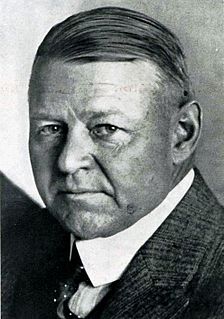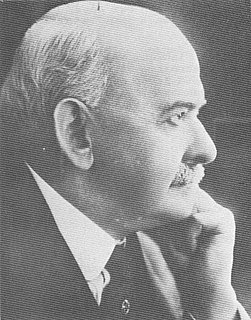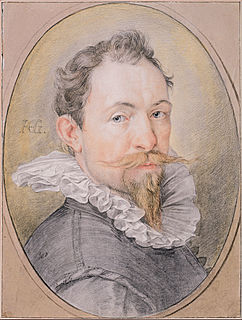A Quote by William Osler
The good physician treats the disease; the great physician treats the patient who has the disease.
Related Quotes
Doctor Johnson said, that in sickness there were three things that were material; the physician, the disease, and the patient: and if any two of these joined, then they get the victory; for, Ne Hercules quidem contra duos [Not even Hercules himself is a match for two]. If the physician and the patient join, then down goes the disease; for then the patient recovers: if the physician and the disease join, that is a strong disease; and the physician mistaking the cure, then down goes the patient: if the patient and the disease join, then down goes the physician; for he is discredited.
A physician who fails to enter the body of a patient with the lamp of knowledge and understanding can never treat diseases. He should first study all the factors, including environment, which influence a patient's disease, and then prescribe treatment. It is more important to prevent the occurrence of disease than to seek a cure.
Christ did not come to civilize. He came to save. Civilization is not the solution; it does not destroy the works of the devil. All civilization aims at world improvement, at the gradual elimination of the curse; it is a process of evolution. It is like a man who is suffering from a terrible disease, and the physician who comes to help him gives him a salve to apply. He treats the skin symptoms but the source of the disease he never considers and never touches. Such is a boasted and progressive civilization. It is a delusion.
































